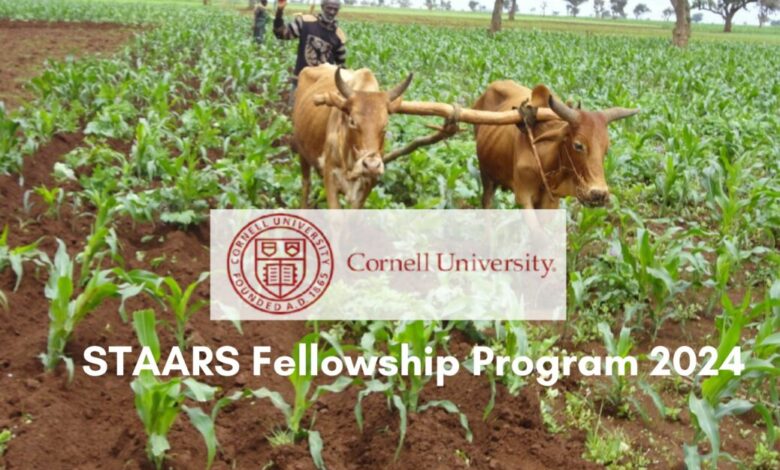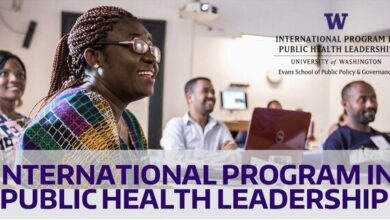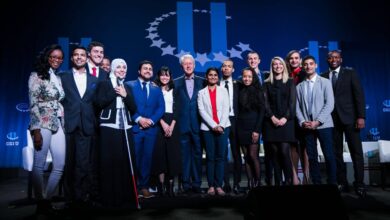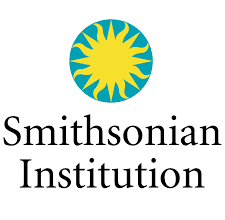
The Partnership for Economic Policy (PEP), the World Bank’s Development Research Group, and other partners oversee this multi-institution partnership, which is led by Cornell University, releases the annual call for research proposals for the Structural Transformation of African Agriculture and Rural Spaces (STAARS) fellowship program. Early-career researchers who focus on policy-oriented, rigorous research on aspects related to asset accumulation, risk management, productivity and income growth, and rural employment in Africa’s agricultural and rural communities are known as STAARS Fellows 2024.
The Fellowship pays for training and travel costs. STAARS Fellows will collaborate to co-author a paper on a mutually interesting issue related to structural transformation in Africa south of the Sahara with professors, senior research staff, or affiliated researcher mentors from Cornell University, the World Bank, or PEP. The program’s goal is to have the study findings published as working papers and in prestigious, peer-reviewed publications. The World Bank, PEP, and Cornell will also help Fellows join in scientific and policy conferences, train them for professional development, and create global research networks for them.
Since its launch in 2016, the STAARS Fellowship has helped 70 Fellows from a variety of backgrounds. Prospective STAARS Fellows are invited to develop proposals in the following thematic areas for empirical work on Africa south of the Sahara:
- Dynamics of agricultural inputs use, technological change, and productivity growth.
- Rural factor (e.g., credit, labor, land) and product market performance and links to urban markets.
- Agri-food systems and value chains, their performance and evolution.
- Food security, nutrition, health and education linkages.
- Poverty dynamics, risk management and resilience against shocks.
- Sustainable natural resources management.
- Gender and marginalized groups.
STAARS Fellows’ rigorous policy analysis should use existing data, such as the Living Standards Measurement Study – Integrated Surveys on Agriculture (LSMS–ISA), Demographic and Health Surveys or similar high-quality datasets from Africa south of the Sahara. STAARS does not fund new data collection.
Benefit:
- The selected applicants will receive funds to cover travel and participation in a three-week mentorship program at Cornell University or the World Bank (based on mentorship).
- The remainder of the research coordination and professional development training will be conducted virtually.
- A modest honorarium will be provided to each Fellow.
Note: No salary support is available; STAARS will not cover the scholar’s time allocated to this research. A letter of support from the candidate’s current advisor/supervisor/or manager is required, explicitly indicating that adequate work time will be made available for full participation in the program, if selected. The program cannot support costs for any new data collection.
Eligibility:
- Early career researchers, either Ph.D. students in their final year prior to degree completion or preferably those who completed their Ph.D. no earlier than 2018.
- Priority is given to researchers who have earned at least one degree from an African university, plan to work professionally in low- and lower-middle income countries, and have proposals relating to the research themes indicated above.
- Qualified female researchers are particularly encouraged to apply.
- STAARS welcomes applications from fresh Ph.D. graduates who can benefit from mentorship and additional training to become internationally respected and recognized researchers.
- Researchers are expected to be familiar with and have demonstrated access to existing data sets and have a strong working knowledge of appropriate software, typically Stata and/or R, and an interest in econometric analysis of high-quality data sets.
- Knowledge of geo-referenced data and GIS software to manage them is an asset.Knowledge of Stata and/or R will be assessed at the finalist stage.
- Visit the Apply link by clicking on the “APPLY NOW” button.
- Complete the application form with necessary information.
Within the online application, please complete the applicant information and research sections. At the end of the application form please attach, as a ZIP folder or merged PDF, the following materials:
- Research Proposal (2500 words max.):
- Title of the proposed research
- Targeted country(-ies)
- Introduction and motivation that includes clear statement of research objectives and hypotheses
- Description of data source(s) and any prior experience working with the proposed data
- Proposed methodology
- If applicable, summary of any preliminary results
- Proposed timeline for the research
- Bibliographic references (not included in the 2500 words)
- CV of the applicant
- If proposing to use data that are not publicly available, a letter or other documentation from the data steward(s) indicating that the applicant will have access to the data to use in the proposed project
- Letter of support from applicant’s current supervisor, clearly indicating that the applicant will be granted time to work on this project, if selected
- Photocopy of the passport biodata page and, if applicable, any current US visa







